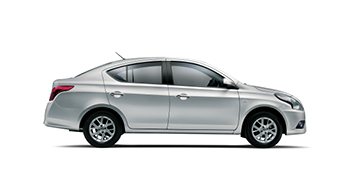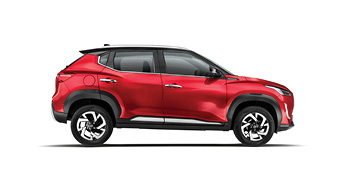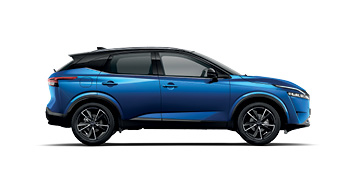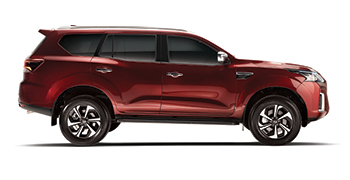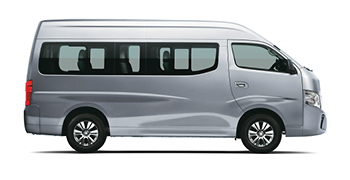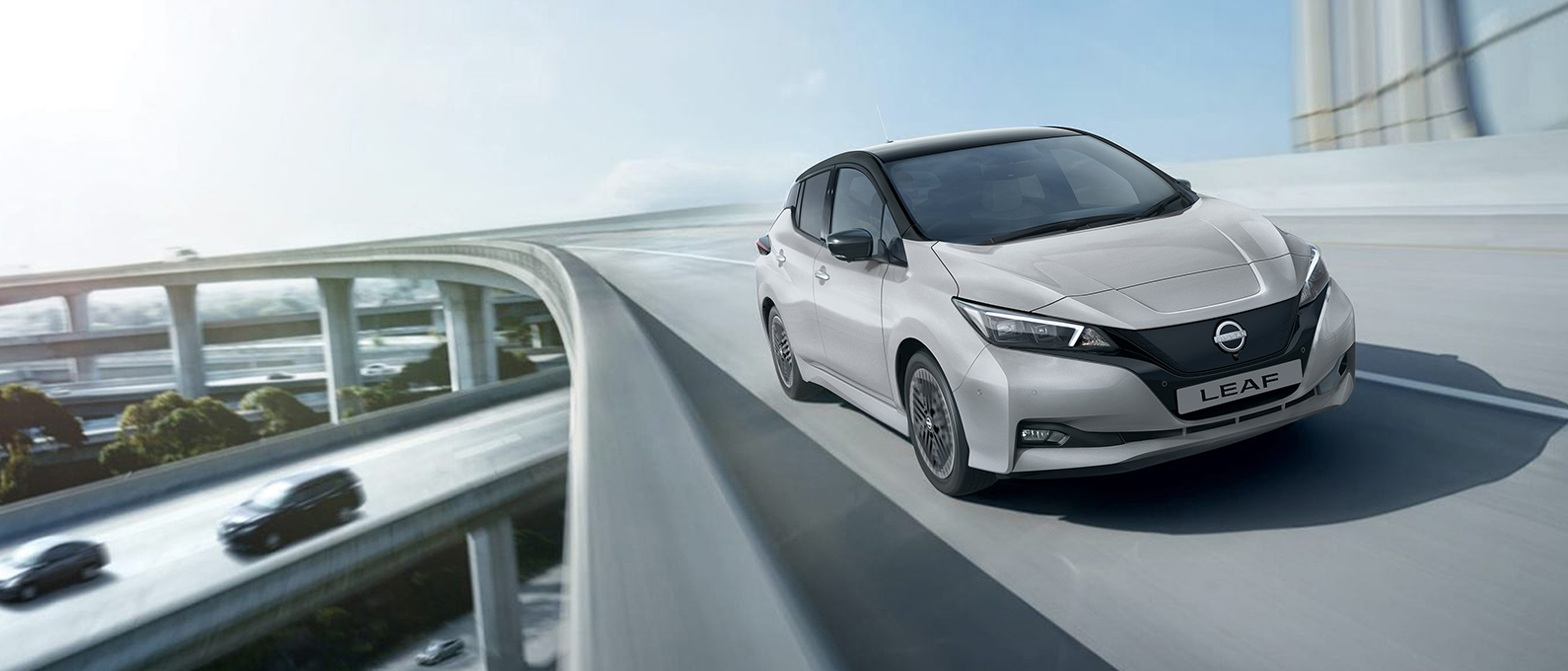
THE LEAF'S LEGACY:
A PROVEN ELECTRIC PIONEER
The Nissan Leaf, a pioneer in the electric vehicle (EV) market, has revolutionized the way we think about sustainable transportation. Launched in 2010, the Leaf quickly became the world's first mass-produced electric vehicle, paving the way for a future powered by clean energy.
The Leaf's Global Impact
The Nissan Leaf's impact on the global automotive industry is undeniable. It has been a major force in promoting electric vehicles and raising awareness about the benefits of sustainable transportation. With over half a million Leafs sold worldwide, the car has significantly reduced carbon emissions and helped countless drivers experience the thrill of electric driving.
The Leaf's Arrival in Uganda
Uganda, like many developing countries, faces challenges in adopting electric vehicles. Limited charging infrastructure, high upfront costs, and a lack of awareness about EVs can hinder widespread adoption. However, the introduction of the Nissan Leaf in Uganda represents a significant step towards a more sustainable future. The Ugandan government has recognized the potential of electric vehicles and has implemented policies to encourage their use, such as tax breaks and import duty exemptions.
The Leaf's Unique Selling Points
The Nissan Leaf boasts several features that make it a compelling choice for Ugandan drivers. With a driving range of up to 275km, the Leaf offers ample range for daily commutes and city driving. Additionally, its quick charging capabilities allow drivers to recharge the battery from 20% to 80% in just one hour, perfect for those who need a quick top-up.
When compared to other electric vehicles available in Uganda, the Leaf stands out for its durability and reliability. Nissan's experience in developing and producing electric vehicles for over a decade translates into a dependable car built to last.
The Leaf's Role in Uganda's Electric Vehicle Ecosystem
The Nissan Leaf is not just a car; it's a catalyst for change. The Leaf's presence in Uganda is helping to develop the country's electric vehicle infrastructure. As more Leafs hit the road, the demand for charging stations will grow, prompting investment in building a robust charging network across the country. This will not only benefit Leaf drivers but also pave the way for the adoption of other electric vehicles in the future.
The introduction of the Leaf has also created new opportunities within the Ugandan automotive industry. Nissan has partnered with local dealerships and service centers to ensure the availability of trained technicians and genuine parts for Leaf maintenance. This not only creates jobs but also fosters the growth of expertise in electric vehicle technology within Uganda.
The Leaf's Long-Term Viability in Uganda
The future of electric vehicles in Uganda is bright. The government's commitment to sustainability, coupled with increasing consumer awareness about the environmental and economic benefits of EVs, suggests a growing market for electric cars. The Nissan Leaf, with its proven track record, reliable performance, and suitability for urban driving, is well-positioned to be a leader in this market.
The challenges of limited charging infrastructure and high upfront costs will need to be addressed to ensure widespread EV adoption. However, with continued government support, investment in charging infrastructure, and the introduction of more affordable financing options, electric vehicles like the Nissan Leaf have the potential to revolutionize Uganda's transportation sector and contribute to a cleaner, more sustainable future.
In conclusion, the Nissan Leaf's legacy as a proven electric pioneer extends far beyond its global success. In Uganda, the Leaf is playing a pivotal role in promoting sustainable transportation, developing the electric vehicle infrastructure, and creating new opportunities within the automotive industry. As Uganda continues on its journey towards a greener future, the Nissan Leaf is certain to remain a key player in the country's electric vehicle landscape.
